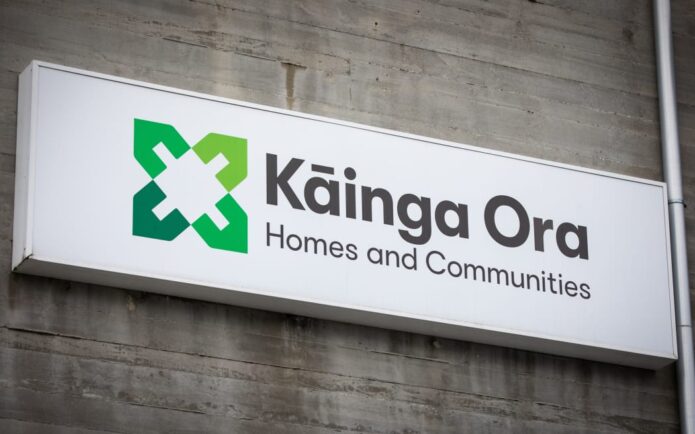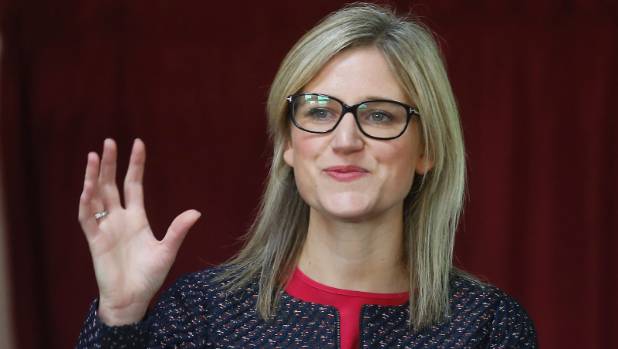PHOTO: Bindi Norwell, Chief Executive at REINZ
Please find below the following comment from the Real Estate Institute of New Zealand (REINZ) in relation to the potential impacts COVID-19 may have on the housing market. All comments are attributable to Bindi Norwell, Chief Executive at REINZ
“Whilst it is too early to understand the full extent of the impact of COVID-19, broadly speaking, in times of economic uncertainty people can tend to take a wait and see approach to the housing market, which is what could happen with COVID-19. As a general rule, house prices tend to either hold or have a slight dip and volumes tend to fall as people take that wait and see approach.
“Hindsight is our only accurate measure but looking at a past recession period which had a global reach, the Global Financial Crisis (GFC) provides for some comparatives. Looking at the data from that time showed the following effects on the housing market from a price perspective.
“One year after the GFC started, median house prices across New Zealand fell 5.9% year-on-year. Whilst the recession technically lasted till June 2009, prices started rising again after January 2009. In the year ending January 2010, median prices increased 9.4% and were sitting $10,000 above where they were in January 2008 when prices started falling highlighting that the market did recover reasonably quickly.
“The reality is that people always need to buy and sell houses – people might be moving for a new job or upsizing for family reasons, so we don’t expect the market to come to a complete stop.
“Part of the impact on the housing market will also depend on the level of unemployment going forward so we’ll be keeping a close eye on that, but with the Government’s economic stimulus package due to be announced today, we’re hoping that will have some positive effects for people impacted by job losses/reduced hours as a result of COVID-19.
“We’ve also had yesterday’s rate cut of 75 basis points which Treasury hopes will provide further stimulus in the market, especially now all of the banks have passed the full rate-cut on.
“We’ve had no significant feedback from our members, as of yet, that people aren’t buying and selling as per usual, but it’s still relatively early days. Most questions we have had are around health measures such as signage at open homes or providing access to hand sanitiser.
“We’ll be watching the Government’s announcement later in the week around smaller gatherings and be communicating with our members as to any changes they need to make to auctions, open homes or rental viewings. We’re urging people to keep calm and take financial advice where they need to.
“However, what is different this time is that the use of technology may have a significant part to play in how the housing market can try and continue in a ‘normal’ fashion. For example, open homes or rental property viewings can utilise options such as video walk throughs or virtual reality tours. With auctions, people have the ability of phoning in or even bidding online through registered apps, so it will be interesting to see how both the real estate profession and members of the public embrace new technology in these unprecedented times.”
ENDS











